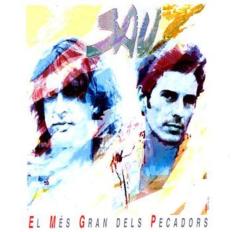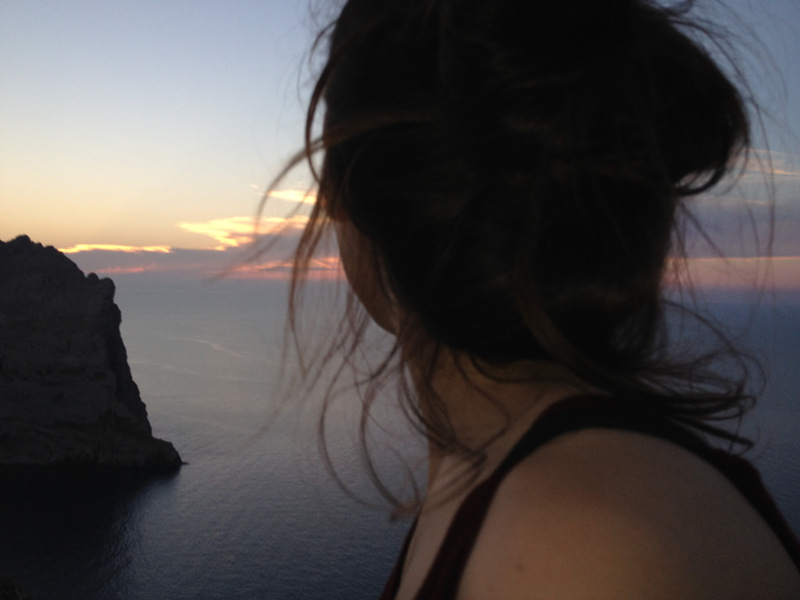
- El tren de mitjanit
- Released in: 1992
Sau released eleven albums and, following their dissolution, several compilations. All of which are proof of Sau’s talent for feel-good music, energetic melodies, and lots of humor.

Sau released eleven albums and, following their dissolution, several compilations. All of which are proof of Sau’s talent for feel-good music, energetic melodies, and lots of humor.

The 80's were probably the most creative period in recent Spanish history. The so-called “Movida Madrileña” (a cultural movement that swept the Spanish capital after the fall of Franco’s regime) was one of the most well-known. But there were others: in Catalonia, the dictatorship’s end allowed many bands to start playing contemporary music –though in Catalan instead of the previously preferred English. Nowadays, everyone knows about the “Catalan rock” movement, which blended rock and pop. Some of its most infamous bands have provided a soundtrack for many generations, and can still convene thousands of fans in concerts. Such is the case of groups like Sopa de Cabra, Lax'n'Busto, Els Pets, and Sau. Formed in 1986 and tragically disbanded in 1999, after the death of one of its members, Sau released eleven albums and, following their dissolution, several compilations. All of which are proof of Sau’s talent for feel-good music, energetic melodies, and lots of humor.

Two of the band’s singles are especially memorable. While “Boig per tu” (Mad About You) is famously sad, “El tren de mitjanit” is happy and full positive principles, celebrating the fact of being alive. In it, a train departs every day at midnight, a metaphor expressing the changes that one needs to make when feeling alone, desperate, or, as the singer states in the first verse, “locked up by my own nightmare.” Despite references to other emotions, loneliness is what most concerns the author. However, every time he refers to it, there is a tiny evolution, a shade of light and a bit of hope. From being “locked up,” he comes to picture “Molta gent que es troba sola” (Many people who feel lonely) getting into this metaphorical train. After that, his bittersweet emotions give way to gratefulness, as he realizes that boarding this train means not being alone, which is good to know: “Es bo saber que no estem sols.” Finally, as he repeats in the chorus, he tries to infect others with his enthusiasm, talking to listeners who might feel as he used to feel: “If your heart's lonely, everyday somewhere, get to the midnight train.”
There’s a reference to Shakespeare, not subtly introduced: “There are Juliets looking for Romeos.” However, this seems to be the only clue suggesting love is one of the singer’s issues. We can assume the “princess looking for pains” is either his lover or himself. In any case, the great English play might be an allusion to the one and only love, the tragic kind. The lyrics also mention a mythological creature, the siren or mermaid. These fish-tailed aquatic women would attract sailors through the sound of their voice, provoking their ruin. The singer says he feels “deceived,” and though he blames himself for this, Juliet and the perverse siren imply the author is being pushed by something, either a concrete force or just the ills of love.

Yet the biggest symbol of all is the train itself. Is it an actual train or a vehicle that keeps moving and gives travelers the chance to step off somewhere new? Is it a cage where all the loners gather together? Is it a way of talking about a net of joyfulness and eagerness? And what is this place people travel to in order to not feel alone? I guess the train is a bit of all of the above. In order to change, people need to move. And once they do so, they will find other drives to motivate them, both inner and outer. This will allow them to discover new universes, people, and, most importantly, parts of themselves. It will allow them to find a place where they will not feel trapped or locked up.